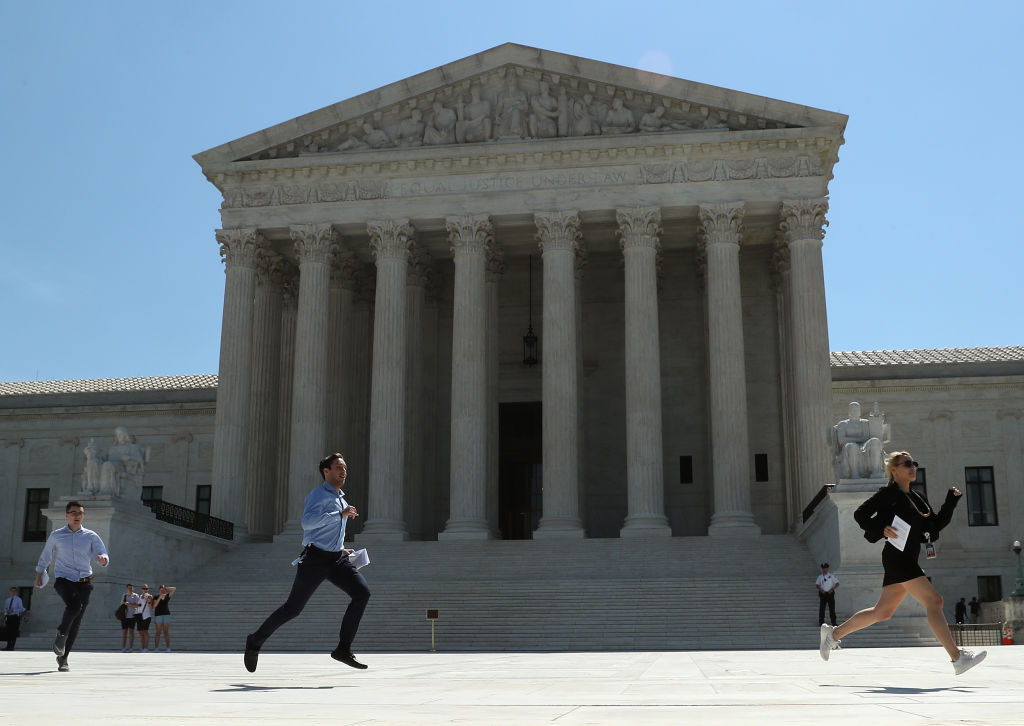Editor's note: James R. Copland responds to the Supreme Court’s major rulings in the last week of the 2018-2019 term.
In the final week of this Supreme Court term, Chief Justice John Roberts looked askance at excessive executive-branch rulemaking—but was once again incapable of enforcing the constitutional mandates against established progressive shibboleths. In trying to have it both ways, the Chief Justice has left a “zombified” administrative state, as Justice Neil Gorsuch observed in his separate opinion in Kisor v. Willkie.
Kisor, announced Wednesday, considered Auer v. Robbins, the Supreme Court’s ill-reasoned 1997 decision requiring courts to defer to administrative agencies’ interpretations of their own rules and regulations. The Auer rule compresses all three functions of government—legislative, executive, and judicial—in a single place. The Chief Justice provided a critical fifth vote going along with the four left-leaning justices’ decision to keep Auer alive—even if in zombie form. Justice Kagan’s majority decision imposes new limits on Auer’s scope, but the end result means that hard cases still go the government’s way.
The Chief Justice’s opinion in Department of Commerce v. New York addressed a challenge to authorizing a short-form census question asking about citizenship status. This case shouldn’t have been controversial. From the 1800 through the 1990 census, almost every census form asked about citizenship. Then, the Clinton and Obama administrations decided to eliminate the question. The Trump administration, under Commerce Secretary Wilber Ross, decided to put it back. The Chief Justice acknowledged that asking the same citizenship question that had been asked previously couldn’t be an “arbitrary and capricious” exercise of the Secretary’s power. Rather, the Chief Justice viewed the Secretary’s stated rationale as a “pretext” and sent the case back to the agency to develop further the administrative record. So, like a zombie remerging from a graveyard, this case still lives on.
______________________
James R. Copland is a senior fellow and director of legal policy at the Manhattan Institute. Follow him on Twitter here.
